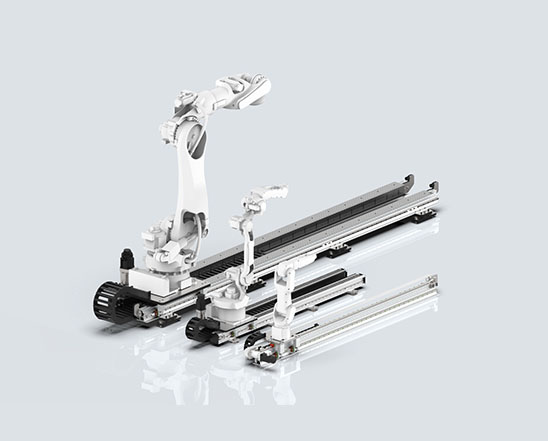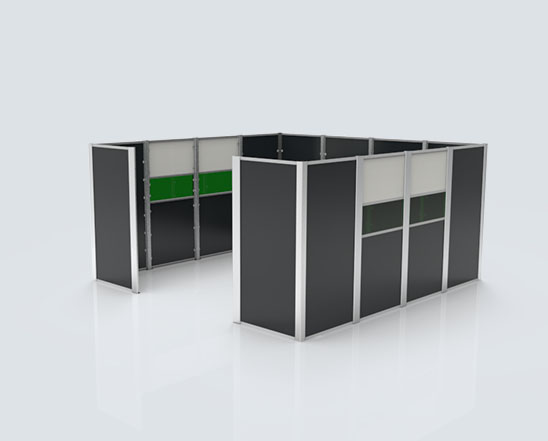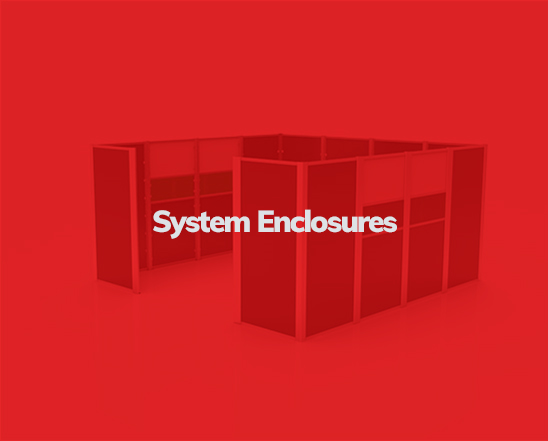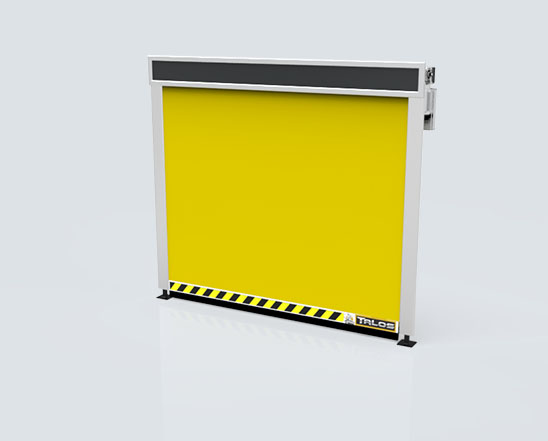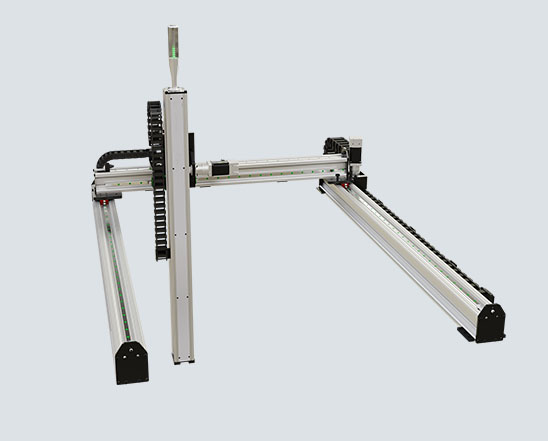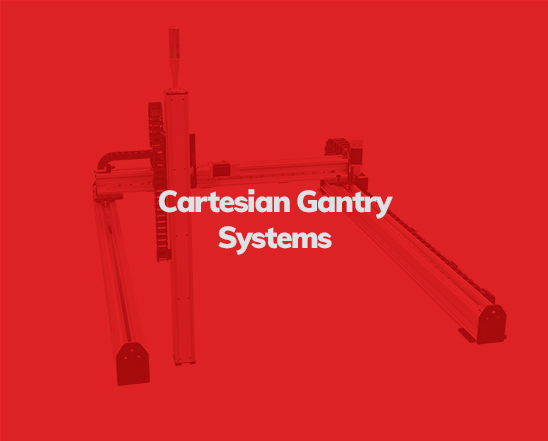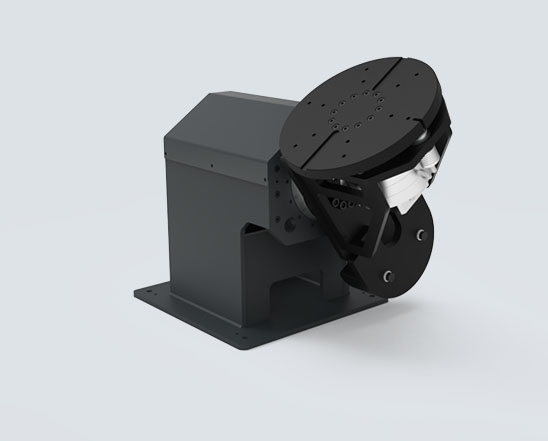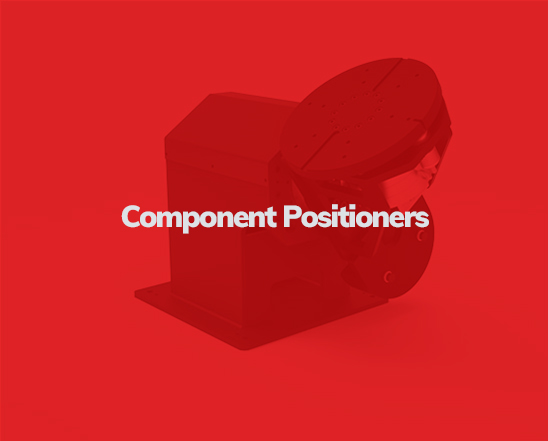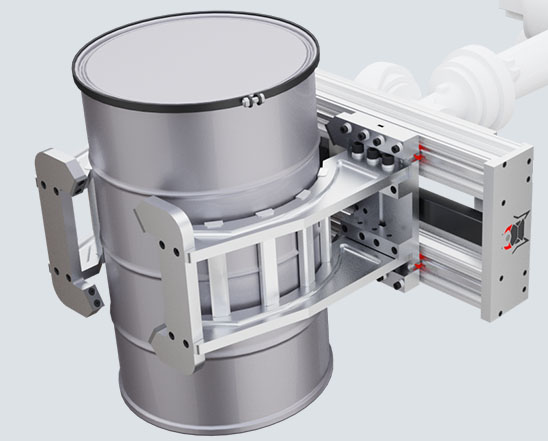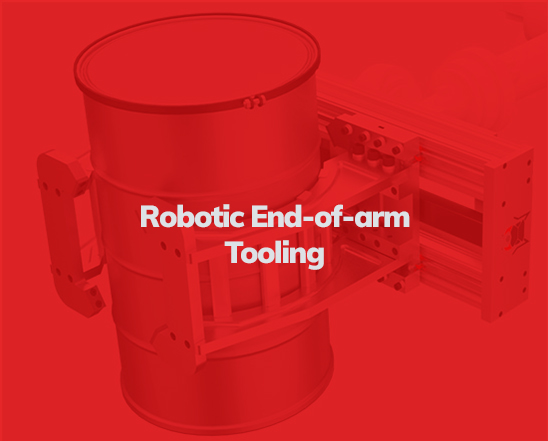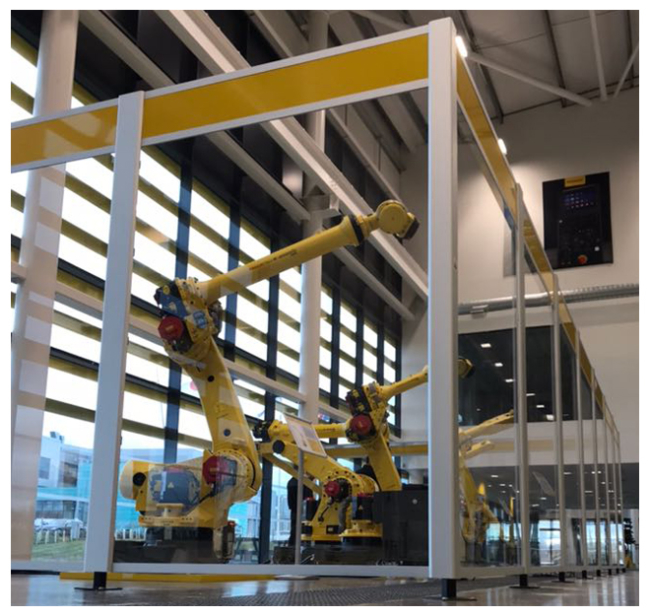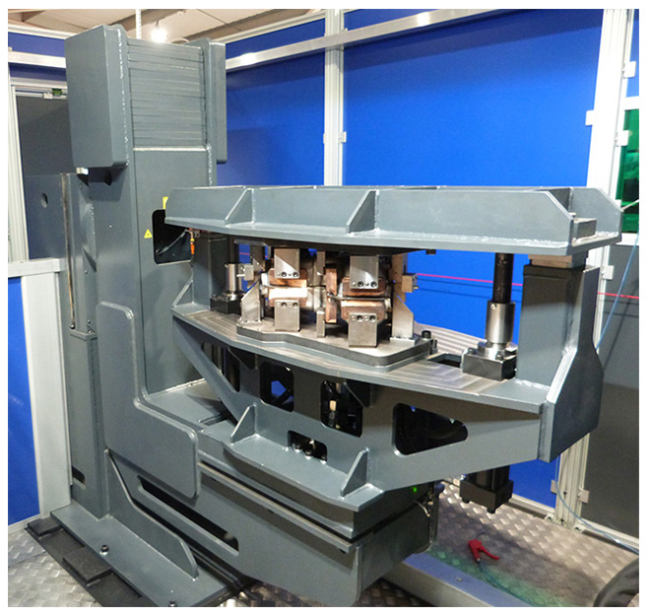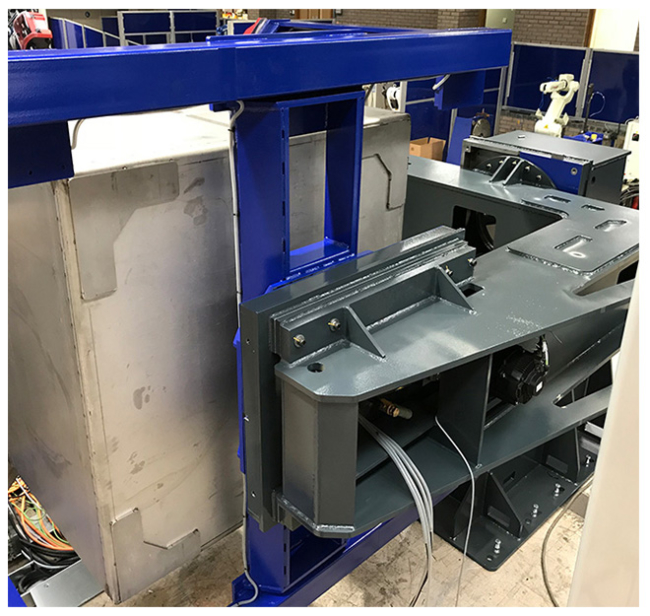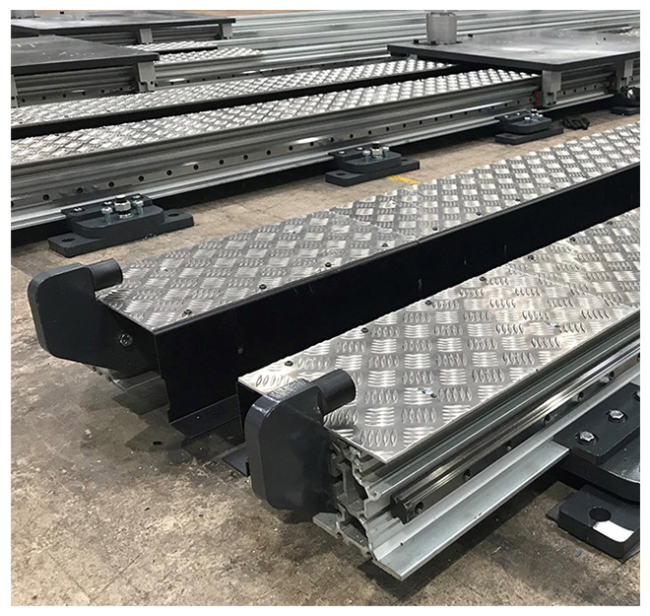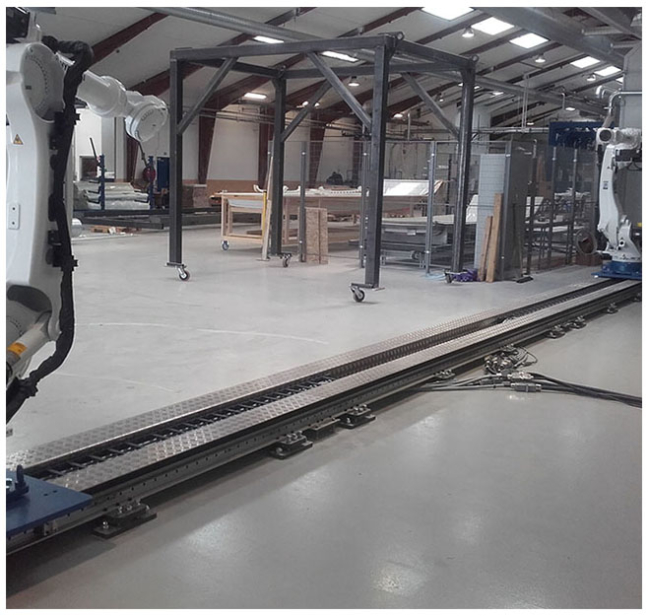FAQ's
Automation appears across a great majority of industries, however, it is most commonly found in the automotive industry, catalysed by the first auto assembly line at Ford, in 1913, for their new Model T car. The automotive industry has experienced massive growth since this initial assembly line, with companies focusing on new technology to increase efficiency and safety. Self-driving cars are the latest trend in automotive automation.
Automated machines are being used more often in healthcare settings, along with other medical devices to aid doctors. They are used for things like x-rays, or to generate 3D models of internal body parts so that medics can see inside a patient without having to open them up.
However, you may also come across automation products in your everyday life, such as at self-service check-out counters, or robotic vacuum cleaners (such as Roomba) that are programmed to clean your house.
Without automation, our society would not be able to support itself in the same manner. From the integration of automation into manufacturing and production processes, to the ease and comfort it is beginning to establish within the domestic environment, automation is largely the reason why we are able to support such high resource and consumer demands.
Automation allows for increased productivity, quality, and flexibility of the manufacturing industry. Due to the accuracy, speed, and reduced need for breaks, automated machinery is capable of producing a much larger output of higher quality products, with less wastage and error created during this process. This can moreover lower the cost and environmental footprint of manufacturing and production, since less material needs to be used - thanks to the slimmer error margin. The increased intelligence and programming of automation furthermore means they can be turned to a variety of tasks.
Finally, with the placement of automation across several industries, there is an increase in worker safety and morality; workers do not have to complete monotonous, dull, or risky tasks – automation can do this for them.
There are three types of automation that can be applied to manufacturing processes.
Fixed or Hard Automation – within this system of automation, the automated manufacturing process does not change. Automotive machinery instead follows a fixed sequence of repetitive tasks, producing uniform and unchanging products.
Programmable Automation – this type of automation allows for new actions to be deployed for a new set of tasks, after one batch is completed; this creates new product types or changes to the product. Programmable automation is controlled through a programme which can be changed as and when is needed.
Flexible or Soft Automation – flexible automation is able to produce a variety of products without the downtime experienced by programmable automation whilst new programmes are implemented. This type of automation can easily switch between tasks, without the need to distinguish between different batches.
Enquire Today!
Automation Products
The word 'automation' can be defined as "the use of control systems and information technologies to reduce the need for human work in the production of goods and services". Technically speaking, automation as we know it today encompasses a broad range of technologies for making processes faster, cheaper, more accurate, and more reliable. Kyrus creates a variety of automation products to assist and evolve your automated processes, helping you get the most out of your business and robotics.
It wasn't until the Industrial Revolution (1760-1840) that the automation industry really began to flourish. At this time, tools and machines replaced many skilled workers in the manufacturing industry. Automation products have continued to advance throughout the years, helping factories produce a wide variety of products. The automation industry is vital to the functioning of the society as we know it today - it employs hundreds of thousands of people around the world and continues to play an integral role in improving productivity and reducing costs wherever possible.
The automation industry is colossal. It is estimated to be worth over £211.72 billion GB pounds by 2028 after a steady compound annual growth of 8.9%. Demonstrating a healthy and flourishing foundation, the presence of automation and automation products in our future is a steadfast guarantee.
This is why Kyrus dedicates itself to the improvement of the automation industry, through the design and manufacturing of pioneering automation components.
Automated Products For Manufacturing Demands
Suppliers to All System Builders
Stafford Park 6,
Telford
TF3 3AT
Kyrus works closely with our clients to ensure the products they receive are complementary in every way to their operations, and offer differing levels of support during this process depending on our customers’ needs.
Our products, typically in modular form, can be shipped globally, with easy construction and installation on arrival. Lead times will vary depending on the product, and level of customisation.
Kyrus works with you in order to create an automation component that best compliments your business. We have worked with a range of sectors, including, but not limited to:
- Robotics and automation
- Manufacturing
- Aerospace
- Automotive
- Food Industry
- Pharmaceuticals
- Packaging
- General Warehousing
Essential Products For All
Your Automation Needs
Still have a question?
